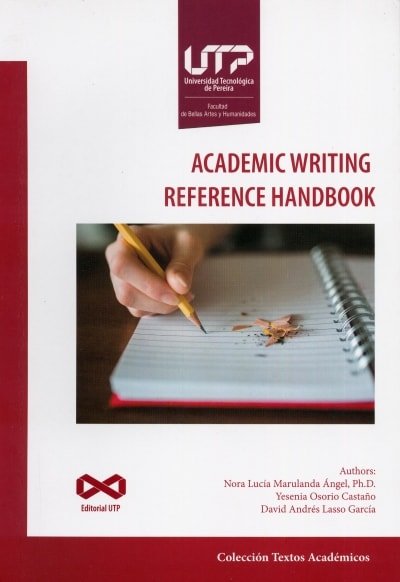




This book is available only in English
The Academic Writing Reference Handbook is a writing tool that undergraduate students can use to elaborate a variety of texts that range from descriptive to argumentative. The handbook is the result of two years of ongoing research on the effectiveness of instructional, assessment, and peer-assistance strategies on students' compositional skills, implemented in an Academic Writing course at a Colombian public university. Findings from this study shed light on the selection and organization of the contents comprised in the A WRH. Strategies are grounded within a theoretical framework that includes the Writing Process Approach, Genre-based Instruction, error analysis and formative assessment. The A WRH highlights the importance of students folIowing the Writing Process Approach, which begins with brainstorming ideas and continues with the elaboration of drafts, polished through professors' feedback and peer review. The handbook is organized around the writing genres most commonly found in colIege. For each genre, there is a description of the structure, recommended language and students' samples. Embracing writing tasks based on genres facilitates the identification of particular features that characterize each type of text. Given the importance of providing feedback to students, we included a chapter on time-efficient assessment instruments such as analytical rubrics that allow to zero in on specific writing features. Furthermore, genre-specific rubrics were designed to enhance the quality of the formative assessment process. To wrap up, the handbook provides writers with a series of insightful tips to foster excellent academic writing practices.
CONTENTS
1. OVERVIEW AND ORGANIZING PRINCIPLES
1.1. Research highlights!
1.2. Objectives
2. A FRAMEWORK FOR ACADEMIC WRITING ASSISTANCE
2.1. Academic Writing
2.2. The writing process approach
2.3. The genre-based approach
2.4. Formative assessment
2.5. Error analysis
3. THE WRITING PROCESS APPROACH: A ROAD MAP FOR SUCCESSFUL WRITING
3.1. Prewriting
3.2. Planning
3.3. Drafting
3.4. Reflecting
3.5. Receiving feedback
3.6. Editing
3.7. Adding further information
4. GENRE-BASED APPROACH: THE POWER OF PURPOSEFUL WRITING
4.1. Descriptive essays
4.2. Reflective essays
4.3. Argumentative essays
4.4. Expository essays
5. ERROR ANALYSIS: WHY DO WE MAKE THE SAME MISTAKES?
5.1. Conventions
5.2. Vocabulary
5.3. Syntax
5.4. Discourse
5.5. Organization
6. POWERFUL HINTS TO BECOME A GREAT WRITER
6.1. Brainstorming vs. Freewriting
6.2. What is an outline?
6.3. Where can 1 look for reliable sources?
6.4. How should 1 respond when 1 receive feedback?
6.5. What is a hook?
6.6. What is a thesis statement?
6.7. How long should my paragraphs be?
6.8. Always check APA
6.9. Polish your punctuation
6.10. How to proofread your text
6.11. How to overcome writers' blocking
7. FORMATIVE ASSESSMENT: ENLIGHTENING CHECKPOINTS
7.1. Rubric for descriptive essays
7.2. Rubric for reflective essays
7.3. Rubric for argumentative essays
7.4. Rubric for expository essays
REFERENCES
APPENDIX